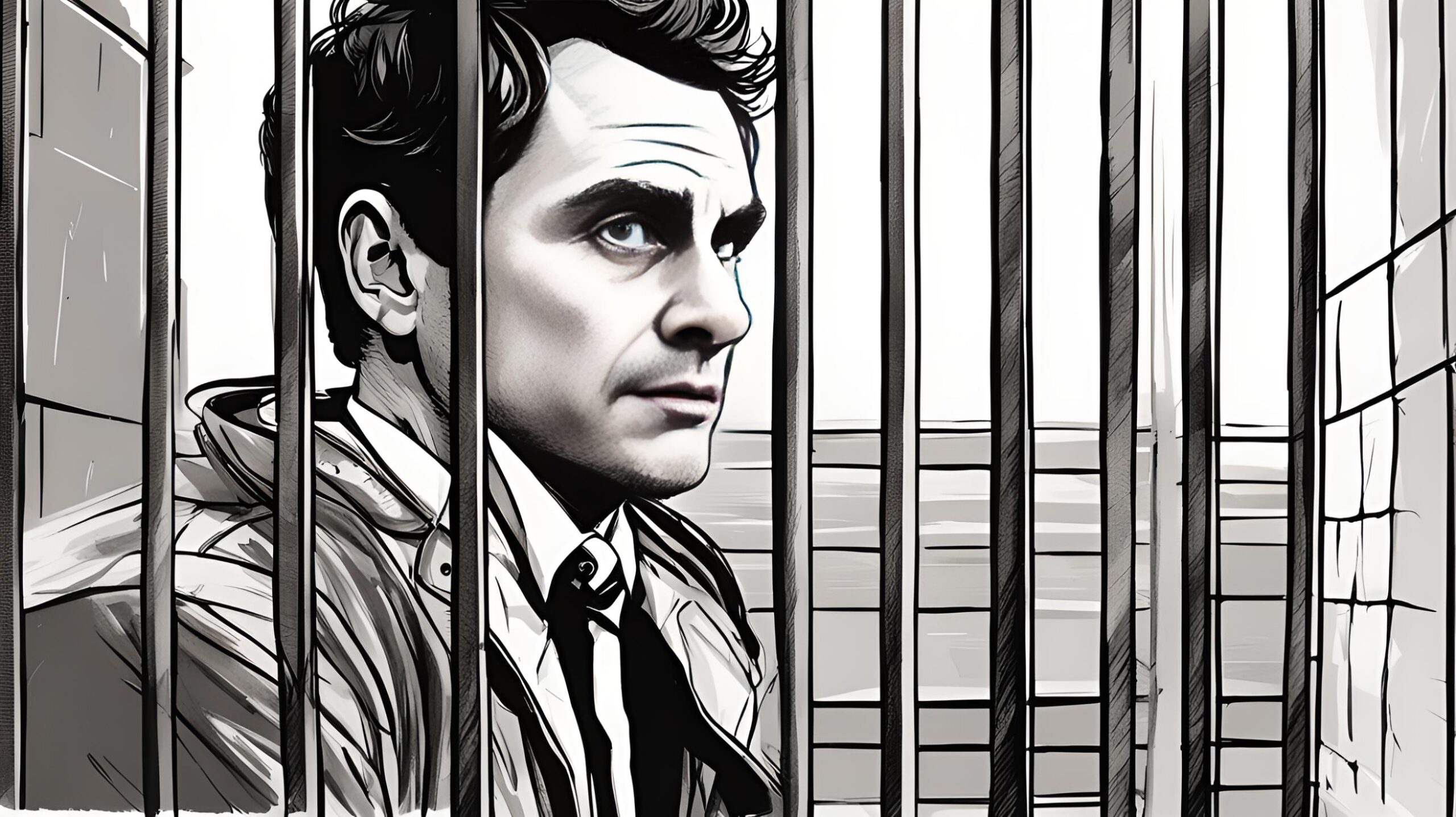Flashback to December 31
American History

1992
Yoshihiro Hattori, a 16-year-old Japanese exchange student, mistakes the address of a party and is shot dead after knocking on the wrong door in Baton Rouge, Louisiana
Read moreIn an unfortunate turn of events that shocked the international community on October 17, 1992, Yoshihiro Hattori, a 16-year-old Japanese exchange student lost his life when he mistakenly knocked on the wrong door in Baton Rouge, Louisiana. The tragic incident – where young Hattori was fatally shot by the house occupant, Rodney Peairs, who was later controversially acquitted – instigated widespread outrage, especially in his home country, Japan.
Yoshihiro Hattori’s case has persistently been cited as one punctuating the ongoing debates around U.S. gun laws, self-defense provisions, and the inherent challenges that foreign exchange students may encounter. His heartbreaking story serves as a stark reminder of cultural misunderstandings and the dire consequences that can result from them.
While the overall crime rate in Baton Rouge, Louisiana, is often highlighted, nobody could have foreseen such a tragedy befalling upon a 16-year-old Japanese exchange student. Yoshihiro, brimming with enthusiasm and keen on experiencing the American culture, had journeyed thousands of miles away from home. This incident happened the night he was supposed to attend a party. However, a misjudged address led him to the Peairs’ residence, where the fatal encounter took place.
Rodney Peairs, the man at the center of this unfortunate event, interpreted Hattori’s demeanor as threatening. After ordering him to ‘freeze,’ he fired his .44 Magnum revolver when Hattori didn’t comply. The shot hit Hattori in the chest, leading to his untimely and shocking demise.
Six months later, the trial verdict ignited an international outcry. The Peairs’ defense argued that Rodney Peairs acted out of fear for his and his family’s life. Despite the glaring fact that Yoshihiro was unarmed, the jury accepted this reasoning, consequently acquitting Peairs. This verdict elicited an overwhelming public outcry, especially from Yoshihiro’s compatriots in Japan, where gun control laws are notably strict, and incidents of this nature are relatively rare.
The Yoshihiro Hattori case evidently garnered substantial international attention and stirred a broader conversation about America’s controversial gun laws, self-defense provisions under the Louisiana law, and cultural misunderstanding. In Japan, thousands flocked to show their support, express grief over Yoshihiro’s tragic story, and voice their concerns about America’s gun culture.
Post the Hattori incident, Japan’s travel advisories warned its citizens about the potential dangers of visiting America. The event led to a significant backlash against American gun laws in Japan, initiating enduring conversations on the safety of international students in the U.S.
The outrage from Japan following Yoshihiro Hattori’s untimely death has indeed shattered perspectives on the safety of exchange programs. It has served as a wake-up call to many exchange programs to ensure the absolute safety and understanding of different cultures for their students. At the same time, the incident has further widened the divide among those lobbying for stricter gun control laws and those upholding their right to home-defense in the U.S.
Over time, efforts have been made to ensure that Yoshihiro Hattori’s legacy and the brutal way he met his end are not forgotten. His parents initiated the Yoshihiro Hattori Memorial Exchange Fund to offer scholarships for American students to visit Japan. Furthermore, they tirelessly campaigned for amending gun control laws in the U.S., turning their personal heartbreak into a campaign for change.
the incident involving Yoshihiro Hattori remains a major point in shared US-Japanese history. It serves as a poignant reflection of the struggles that international students can face and the possible dire outcomes. Looking back, it also provides an opportunity to examine cross-cultural understanding, the subjectivity of perceived threat, and the laws and provisions that allow fatal force in response.
We strive for accuracy. If you see something that doesn't look right, click here to contact us!
Sponsored Content

Ted Bundy escapes from…
"Infamous serial killer Ted…

Import of African slaves…
On December 31, 1783,…

Joshua Woodrow Sill, US…
Brigadier-General Joshua Woodrow Sill…

Quaker Oats settles a…
On December 31, 1997,…

Ellis Island (New York…
"Experience the rich history…

US President Franklin Roosevelt…
On December 31, 1938,…

